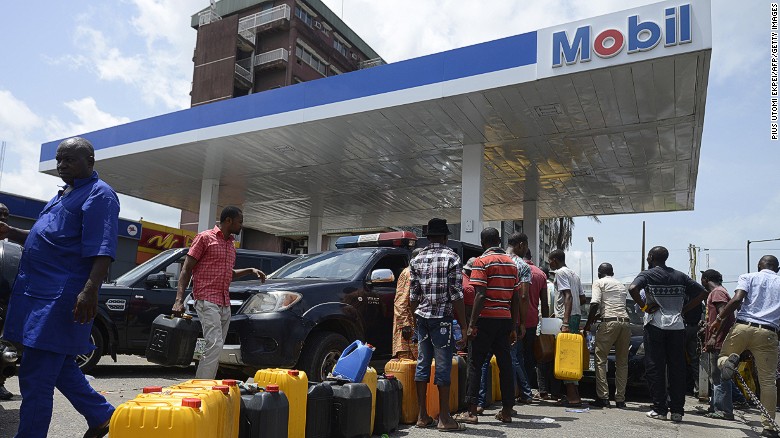Twenty years after it was discovered, the Aje field located in Oil Mining Lease 113 has achieved its first oil, putting Lagos on the list of oil-producing states in the country.
The milestone is coming after several missed targets for the achievement of first oil, the latest being March this year.
Yinka Folawiyo Petroleum Company Limited, a wholly-owned indigenous firm and operator of the OML 113 offshore Lagos, on Tuesday announced the commencement of production of crude oil from the field. Other partners are New Age Exploration Nigeria Limited, EER (Colobus) Nigeria Limited, Pan Petroleum (Panoro Energy) Aje Limited and PR Oil & Gas Nigeria Limited.
Panoro had in an update posted on its website on April 20 said the final hook-up procedures were in progress with a view to bringing the wells into production shortly.
The YFP said after over 25 years of exploratory, appraisal and developmental activities, it had successfully pioneered the opening of the Frontier Benin Embayment, describing the Aje field as the first to record production from this part of Nigeria and the first production outside of the Niger Delta.
It said the inauguration of the Front Puffin Floating Production, Storage and Offloading vessel was successfully completed after its arrival in Nigeria on March 16, 2016.
Oil produced from the Aje field will be stored on the Front Puffin, which has production capacity of 40,000 barrels of oil per day and storage capacity of 750,000 barrels, according to the YFP.
The Chairman, YFP, Mr. Tunde Folawiyo, was quoted in a statement to have said, “The attainment of this milestone is indeed a laudable achievement not just for the YFP, but for the Nigerian oil and gas industry as a whole and indeed Lagos State, which can now be addressed as an oil-producing state.”
He said recording the achievement in the present global oil climate, together with the peculiar challenges of the field, was clearly a no mean feat.
“We are very proud of and appreciate the efforts, determination and commitment of the entire Aje project team, past and present; the constant support from our regulators, the DPR and Ministry of Petroleum; and our financiers. We believe this crucial support will spur us on to even greater achievements,” Folawiyo added.
Aje is an offshore field located in OML 113 in the western part of Nigeria in the Dahomey Basin. The field is situated in water depths ranging from 100 to 1,000 metres and is about 24 kilometres from the coast. It contains hydrocarbon resources in sandstone reservoirs in three main levels – a Turonian gas condensate reservoir, a Cenomanian oil reservoir and an Albian gas condensate reservoir.
The joint venture partners had in October 2014 taken the final investment decision to develop the first phase of the field.
They submitted the Field Development Plan to the Department of Petroleum Resources in January 2014 and it was approved in March, with first oil expected late in 2015.
Yinka Folawiyo Petroleum was granted the Oil Prospecting License 309 in June 1991 as a sole risk contract under the Federal Government’s Indigenous Allocation Programme, which was put in place to encourage the development of a locally-owned and operated Nigerian upstream oil industry.
The company said following the acquisition of 2D seismic data in 1994/95, and the drilling of the Aje-1 well in 1996, the field was discovered, adding that a second well, Aje-2, was drilled in 1997.
After the successful drilling and testing of both wells, OPL 309 was converted to OML 113 in 1998, with an initial term of 20 years, it said on its website.

 Billionaire Watch2 weeks ago
Billionaire Watch2 weeks ago
 Startups4 weeks ago
Startups4 weeks ago
 News4 weeks ago
News4 weeks ago
 News4 weeks ago
News4 weeks ago
 Bitcoin4 weeks ago
Bitcoin4 weeks ago
 Naira4 weeks ago
Naira4 weeks ago
 Forex3 weeks ago
Forex3 weeks ago
 Treasury Bills4 weeks ago
Treasury Bills4 weeks ago

























